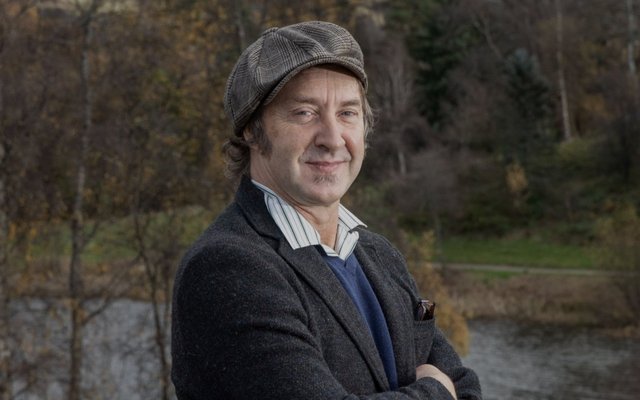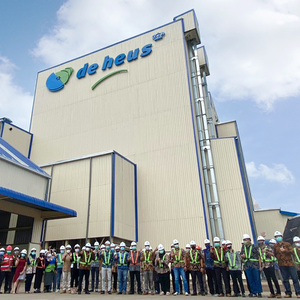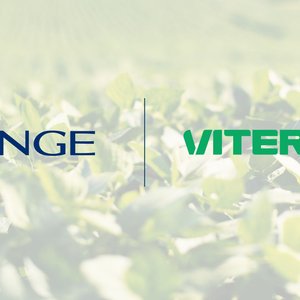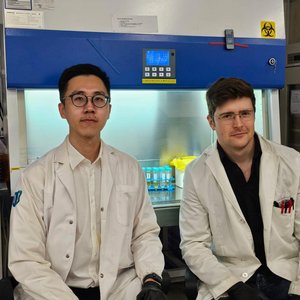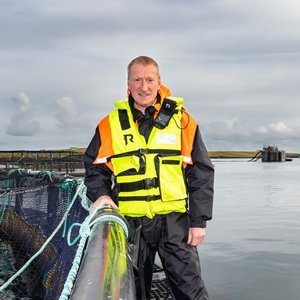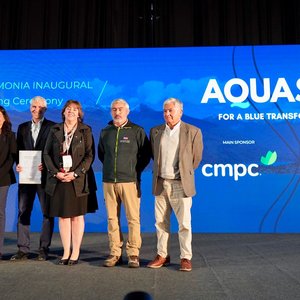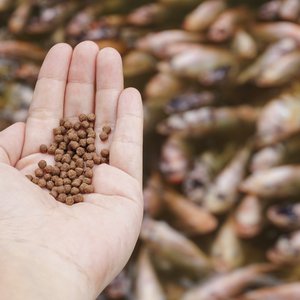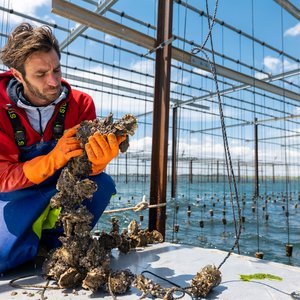Evolutionary biologist and immunologist Professor Simon MacKenzie, who has worked at the Institute of Aquaculture (IoA) since 2013, will take over for Professor Selina Stead on January 1.
Professor Alistair Jump, Dean of the Faculty of Natural Sciences, said, “we are grateful to Professor Stead for her dedication and vision in leading the IoA over the last three years. The period of her leadership has seen rapid changes in the external environment across policy and practice and the very significant challenges of leading the Institute during the pandemic. Selina leaves the Institute efficient and well-positioned to meet the demands of the future. We wish Selina the very best of success in her new role at the University of Leeds.”
“We are excited to welcome Professor Simon MacKenzie as the new head of the Institute of Aquaculture. Simon brings a wealth of research knowledge and considerable experience of leading successful academic-industry collaborations to improve animal health and welfare in the sector. He joins us at a tremendously exciting time, and we look forward to working with him as he leads significant new initiatives that will underpin the next phase of development of the Institute,” Jump said.
MacKenzie spent 12 years as Professor of Biology in Barcelona, specializing in human and animal immunology, before returning to Scotland. During his time at the IoA, he has been director of research, focusing on molecular biology and the genomics of aquatic animals.
“I’m excited by the next phase for the Institute of Aquaculture, as we realize the potential of the City Deal funding, awarded in February 2020, and build a new Aquaculture Hub. The IoA has an extraordinary network across the sector and huge potential to support sustainable, resilient and secure aquatic food systems that enable health and prosperity for people and for the planet,” MacKenzie said.


